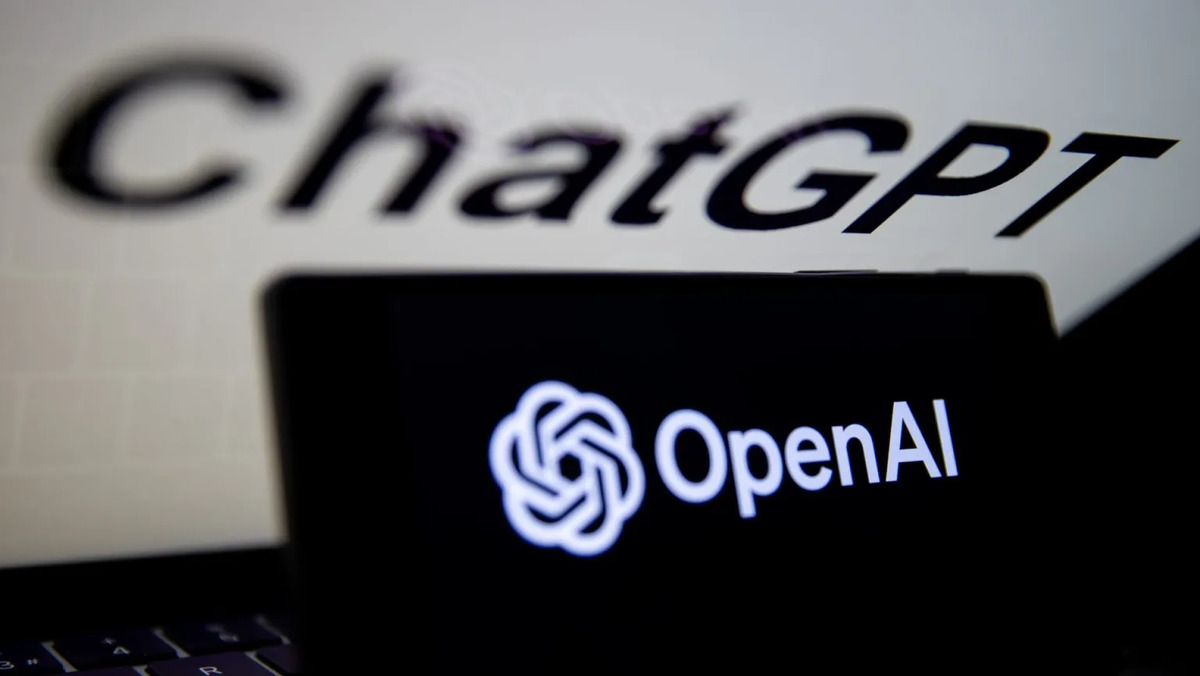New data from Adzuna shows that the number of entry-level jobs in the UK has fallen by 32% since ChatGPT launch in November 2022, as companies increasingly rely on AI to cut costs and reduce staffing.
According to The Guardian, these jobs include opportunities for recent graduates, trainees, and positions that do not require a university degree, which now represent only 25% of the British labor market, compared to 28.9% in 2022.
This decline reflects a general trend among large companies to reduce human labor. BT CEO Alison Kirby indicated that the expanded use of artificial intelligence could lead to further layoffs, as part of the company’s plan to eliminate up to 55,000 employees.
In the same context, Dario Amodei, CEO of Anthropic, warned that artificial intelligence could eliminate half of entry-level office jobs within five years and could raise unemployment rates by 10% to 20%.
According to a separate report from Indeed, recent graduates are facing their toughest job market since 2018, with job openings down 33% in mid-June compared to last year.
Many companies are now relying on AI to perform tasks once assigned to humans. For example, Klarna’s digital assistant now handles two-thirds of customer inquiries, while IBM uses AI tools to perform tasks for hundreds of human resources employees, while also hiring more programmers and sales executives.
Despite the ongoing debate about the impact of artificial intelligence on the labor market, the International Monetary Fund (IMF) predicts that 60% of jobs in advanced economies are at risk of being affected, with half of those potentially negatively impacted.
The Tony Blair Institute, on the other hand, believes that these risks may be offset by new opportunities generated by AI.
A recent PwC report indicated that workers with AI skills earned 56% more last year than those without AI skills, up from 25% the year before.
The report also revealed that the skills required in jobs most impacted by AI, such as financial analysis, are changing 66% faster than those less impacted, such as physical therapy, making it more difficult to keep up with changes in the labor market.
For his part, UK Technology Minister Peter Kyle called on individuals and companies to keep pace with technological transformations, saying, “Many people begin to engage with artificial intelligence with hesitation, but they quickly discover that it is simpler and more effective than they imagined.”

